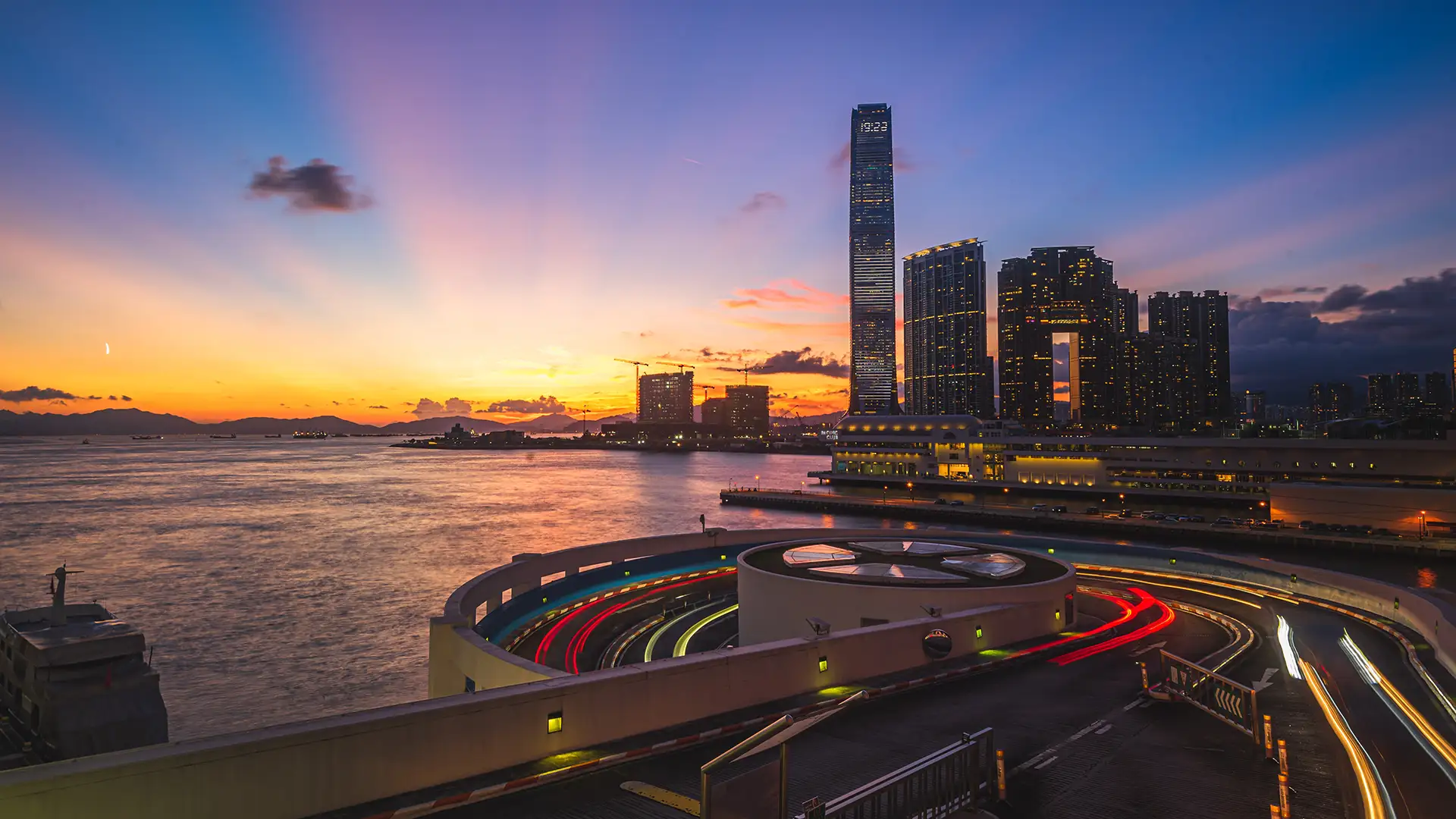Hong Kong, often called HK, is a former British Colony. Today, it stands as a Special Administrative Region of the People’s Republic of China. Known for its towering skyline and deep natural harbor, Hong Kong remains one of the world’s most densely populated areas. With a land mass of 1,114 km² (429 sq mi) and a population nearing 7.53 million in mid-2024, it embodies urban dynamism.
Hong Kong has long been a leading international financial center. It maintains a highly capitalist service economy. This economy is characterized by low taxation and free trade principles. Its high growth rates and rapid development earned it recognition as one of the “Four Asian Tigers” in the past.
Economic Landscape: Resilience and Evolution
The service sector continues to dominate Hong Kong’s economy. It accounts for an impressive 93.5% of GDP in 2023, a figure that remains consistent into 2024. Industry constitutes a much smaller portion. Hong Kong’s economy recorded 2.5% GDP growth in 2024, following a 3.2% rebound in 2023. For 2025, GDP growth is projected at 2-3%.
Mainland China, the United States, and Japan remain Hong Kong’s largest export markets. Hong Kong stands as the world’s 7th largest merchandise trader and 21st in commercial services. Its total value of imports and exports often exceeds its gross domestic product. It remains a crucial re-export center. Much of Hong Kong’s exports are re-exports. These are products made outside the territory, especially in mainland China, and distributed via Hong Kong.
Strategic Location and Connectivity
Hong Kong’s strategic physical location has allowed it to build an advanced transportation and logistics infrastructure. Hong Kong International Airport (HKIA) continues its dominance. It recorded a 14% growth in cargo volumes in 2024, reaching 4.9 million tonnes. It maintains its position as the busiest cargo airport globally. The port of Hong Kong, while facing shifting dynamics, still plays a vital role in container throughput.
Ease of Doing Business and Market Evolution
Hong Kong consistently ranks high for business-friendly environments. In the World Bank Group’s pilot Business Ready 2024 Report, Hong Kong was among the top 10 performers globally. It received strong recognition for “International Trade” and “Business Entry.” While it no longer holds the absolute top spot in all ease-of-doing-business indices (the World Bank’s “Doing Business” report was discontinued), its commitment to simple regulations and efficient infrastructure remains.
Hong Kong was ranked the freest economy in the world by the Index of Economic Freedom every year from 1995 to 2019. More recent reports, however, indicate shifts due to evolving political and economic landscapes. The city’s financial system remains robust, with the Hong Kong Monetary Authority (HKMA) focused on stability and deepening connectivity with Mainland China. Hong Kong has also seen a resurgence as a top global IPO venue year-to-date in 2025, driven by high-quality Chinese listings.
Challenges and the Greater Bay Area Integration
Despite its strengths, Hong Kong faces significant challenges. These include a global economic slowdown, geopolitical tensions, and ongoing shifts in consumption patterns. The city also grapples with a notable talent exodus in recent years. Concerns about the National Security Law and its impact on freedoms have led some professionals and companies to re-evaluate their presence.
In response, Hong Kong actively integrates with the Greater Bay Area (GBA) initiative. This aims to foster innovation, finance, and trade across Hong Kong, Macau, and nine cities in Guangdong province. This deepening tie with mainland China offers new economic driving forces. Measures on talent attraction, including inviting top migrants and easing work restrictions for non-local undergraduates, are being implemented to address talent concerns. Hong Kong is also attracting academics affected by global geopolitical tensions, leveraging its world-class universities.
Looking Ahead: A Future Shaped by Adaptation
Hong Kong’s status as a global hub is undeniable. Yet, it is navigating a new era. The city’s future depends on its ability to adapt to changing global dynamics while leveraging its unique position and strong foundations. Its resilience, deep integration with the Mainland, and continuous efforts to attract talent and diversify its markets will define its trajectory in the years to come. Hong Kong is not just an “Asian Tiger” of the past; it is an evolving global hub.


